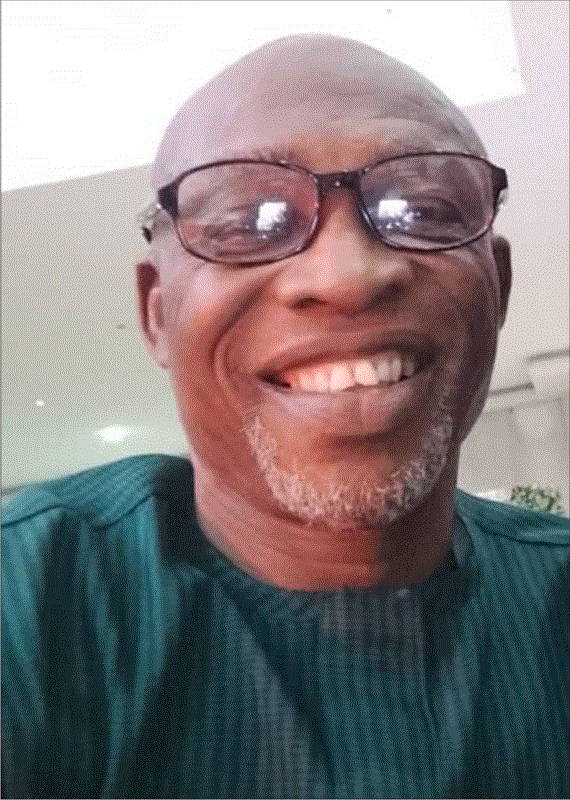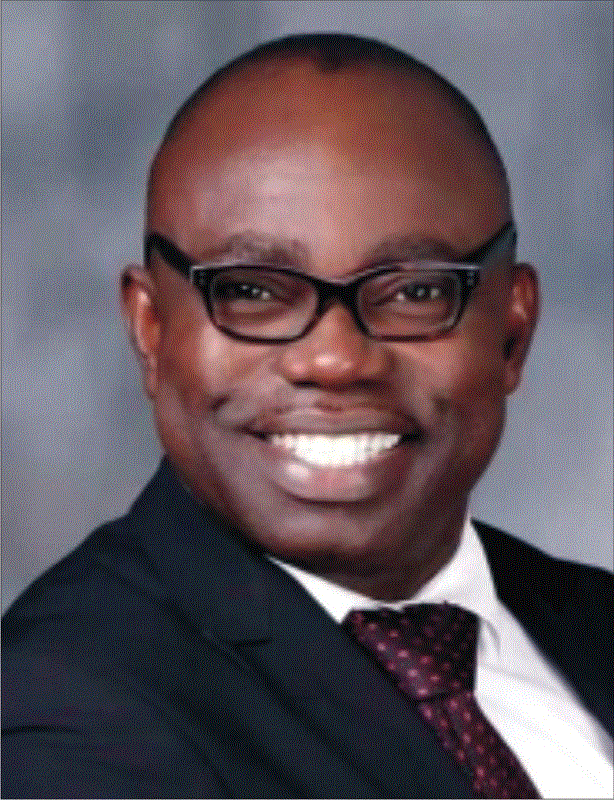Why We May Elect The Wrong Leaders In 2023
We are in a profound national crisis, notably in the economic and security spheres, and there is no easy way out. The choice we make in 2023 will substantially determine the future of our country and the next generation.
So much is at stake! I forewarn all that there is no messiah in sight. Anybody elected will have limitations, but at least we are looking for that man or woman who can think, inspire action, mobilize, and harness our diverse talents, roll up his sleeves to work and radiate hope – the audacity of hope for a better Nigeria that will satisfy the yearnings of present and future generations.
It is a fact that the outcome of the 2023 elections in terms of quality of presidential candidates is already predetermined. The leadership selection process of the parties has already narrowed the options.
The challenge for the discerning is who among the saints or sinners offered us by the political parties meets the criteria of what our country needs at this moment?
Unfortunately, but true, democracy does not always throw up the best. To paraphrase a statement attributed to Thomas Jefferson, “a democracy is nothing more than mob rule, where 51 percent of the people may take away the rights of the other 49.”
History is replete with nations that elected leaders that plunged them into crisis. Adolf Hiltler, the acclaimed motivational speaker, was elected at a time of widespread economic misery, fear, perception of worse hardship to come as well as anger against the reigning government at the time.
Muqtada Al-Sadr rode at the back of religious sentiment and was elected in post Saddam Iraq. Nicolas Maduro and Hugo Chavez of Venezuela, and Mauricio Macri of Argentina were all elected by their people.
My point is that nations, both in advanced and emerging democracies can elect bad leaders. When democracy throws up the wrong leaders, it has a significant detrimental effect on the polity. It manifest as lack of foresight and ideas to create an enabling environment that will promote national development , spike in corruption, abuse of human rights and stifling of socio-economic space .
The existential situation in Nigeria is such that we cannot afford to elect bad leaders in 2023. Despite our apparent challenges, which may be terminal if not well managed, why would Nigerians elect the wrong leaders in 2023, which is a defining election?
I deliberately surveyed 100 persons I consider enlightened and knowledgeable in the political economy of Nigeria, and I will gladly share my findings.
From my survey, there are a few reasons why we can elect the wrong persons without vision, the capacity and character to lead us. These issues appear common sensicle and are individually capable of derailing the quest to elect good leaders.
However, in the Nigerian context, these issues come together to make a cohesive, hydra-headed, and complex form that creates an inevitability of political doom capable of derailing our quest for good leaders come 2023.
The first factor is the significant relationship between personal economic wellbeing and political behaviour in Nigeria’s political milieu. In our political culture, the electorate often prefers immediate selfish benefit during elections as an inducement to determine their choice of voting than the long-term considerations of the impact of the leadership on the country.
Little wonder people buy and sell votes reminiscent of open market transactions, where many are willing to sell their franchise for a meagre N2,000 to N10,000.
This problem is made worse by the impact of economic hardship on most voters living below the poverty line and in a short-term survival mood. Money for survival for a day or two may sway their political voting choice because economic hardship will push them to vote as dictated by their stomach and not the head.
When juxtaposed with informed predictions of the possible economic landscape next year where more Nigerians will be pushed to below poverty line , it becomes evident that economic misery will be a factor that will determine choices amongst the poorest folks amongst us and they constitute 70% of the electorate.
The problem of vote buying is not just a poverty issue, as seen in the recent primaries of the major political parties for various political candidatures.
Even among the political elite, it is a function of greed and insatiable desire for primitive accumulation . Our society rewards those who cheat and engage in corrupt practices so long as they are ready to pay. They are the ones with ready and free money.
They amass great financial war-chest to prosecute elections to buy power at all costs. And they loot our commonwealth when in power to compensate their financial sponsors, profit from their financial investment in the power struggle, and steal more money to be ready for the next election and power struggle and this becomes cyclic.
Power is magnetic to corrupt people. They have monetized the system that has become accepted by the majority that elections cost colossal money and are not for people who make clean money.
This has unintended consequences. Nigerians with good leadership qualities and capacities – those who can manage Nigeria out of our distress, are left out of the game because they have not amassed great money “to share”.
The second factor is that power in Nigeria is relational and often an emotive transaction. The build-up to the 2023 election has seen drama based on people deciding that power must go to a person or group because of the section of the country they come from, their ethnicity, their religion, their network, and their connections.
The brouhaha of the South/North divide on producing the next president, the southeast agitation to produce the next president based on equity, justice, and fairness, the Muslim/Muslim ticket saga and the strong reactions from both Muslims and Christians, and the agism propaganda for specific candidates are all testimony to how significant these emotive issues are to the Nigerian electorate.
Issues of capacity, moral standing , principles of leaders, and a demonstration of their ability to create a new vision for Nigeria and take Nigeria to achieve that vision whilst solving myriads of Nigeria’s problems, are placed second in the emerging narrative of the 2023 elections.
One will assume that as bad as the Nigerian situation is, many people will look out for leaders who have what it takes to change things in Nigeria for the better. But that is not the case.
The tripartite perennial emotive influences of ethnicity, religion, and party affiliation are still significant considerations for voting and it is part of the reason for our national albatross.
Nigeria and Nigerians need good leadership and must push primordial sentiments to the background if we want to progress. The effect of bad leadership and poor governance affects all, no matter the ethnic group, religious affiliations, or social class.
The 2023 presidential election cannot afford to follow the trajectory of being influenced by religious, ethnic and party affiliation or sentiments as it will be our bane. There must be proper interrogation of the candidate’s capacity to perform as president of a country undergoing the worst security, economic and social crises in a generation.
The critical question the electorate must ask is: If Nigeria PLC is my company, who among the candidates will I employ to manage its affairs? The answer to this question will help you reflect on the bases of your choice of candidate.
The third factor is that we lack national consciousness and consensus. We don’t have Nigerians in the real sense of it but Hausa, Fulani, Ibo, Yoruba, Ijaw, et cetera.
This is forcing us to be reactive on almost all issues and contextualize all matters from a tribal perspective. We still put our ethnic and religious identity above our “Nigerianess”.
Without national consensus, personal and group interests driven by economic factors, promises and affiliations (political, social, and religious) reign. I propose we build a national consensus about fixing Nigeria and allow this sentiment to dictate our choice of leaders come 2023.
The final factor is the problem of our collective culture of negativity and cynicism. Many Nigerians have lost hope in Nigeria, and their actions and inactions portray this ugly state.
The cynicism is seen in the youths and the middle class increasingly adopting a “japa” stance. They look for every opportunity to jump out of the sinking ship of Nigeria and move to countries they feel will provide them opportunities to fulfil their potential.
Also, it is seen in the voter apathy and lack of political participation by many people. This is worse seen among the Nigerian literati and intellectuals who have relegated everything to do with politics and power struggles to politicians, some of whom have not been productive in any sphere of life.
How can they leave the vital matter of power and managing of national resources in the hands of such people because of their cynicism?
The factors considered above are vital to truncate our collective aspirations of getting good leaders, come 2023, who will champion a paradigm shift or we continue with our business as usual governance marked by vain rituals.
I plead with all stakeholders in the Nigerian project to start sensitizing the electorate using any platform available on the need to get it right in 2023 by electing leaders not based on the failed primordial sentiment foundations of the past but the new paradigm of foresight, ideas, capacity, experience, knowledge, and leadership skills. Only by so doing will we not elect the wrong leaders in 2023.
When the electorate of Nigeria democratically elects leaders like any other country, we get the government we voted for. If we vote for a government that will destroy our economy or make other bad decisions, we get to live with the consequences.




